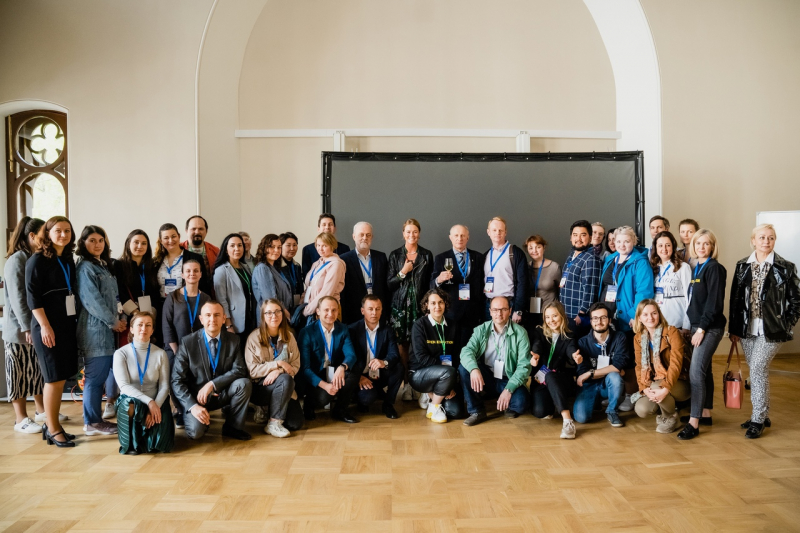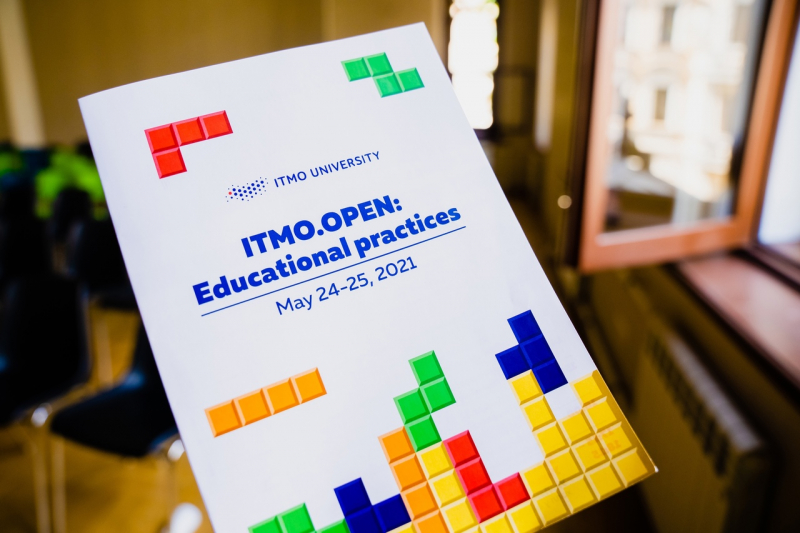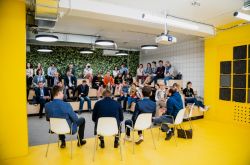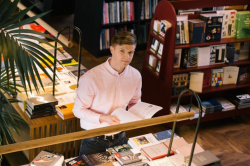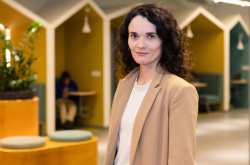Why do we need higher education institutions today? How can we teach Gen Z students? And how can we transform existing educational programs to meet the needs of today's digital economy? In the modern world, anyone working in the field of higher education is looking for answers to these pressing questions. And a big part of this journey lies in the exchange of experience – a great chance to adopt the best practices and figure out why the old ones have stopped working.
That’s why ITMO University decided to organize the ITMO.OPEN: Educational Practices conference, which brought together over 200 lecturers, heads of educational programs, deans, and rectors from around the country. As noted by Daria Kozlova, the First Vice Rector of ITMO University, the conference was designed as a platform for a fruitful dialog between representatives of Russia’s higher education community.
“Our partners often come to us with questions on IT systems or learning analytics,” explains Daria Kozlova. “So, we decided to invite our partners for a two-day conference and answer all of these questions. In our view, ITMO should share the experience and practices that it has acquired as a participant of Project 5-100 and earlier. Not to mention that the recently-unveiled Priority 2030 program focuses on collaboration between universities. And it’s better to start building this collaboration through face-to-face discussion than emails.
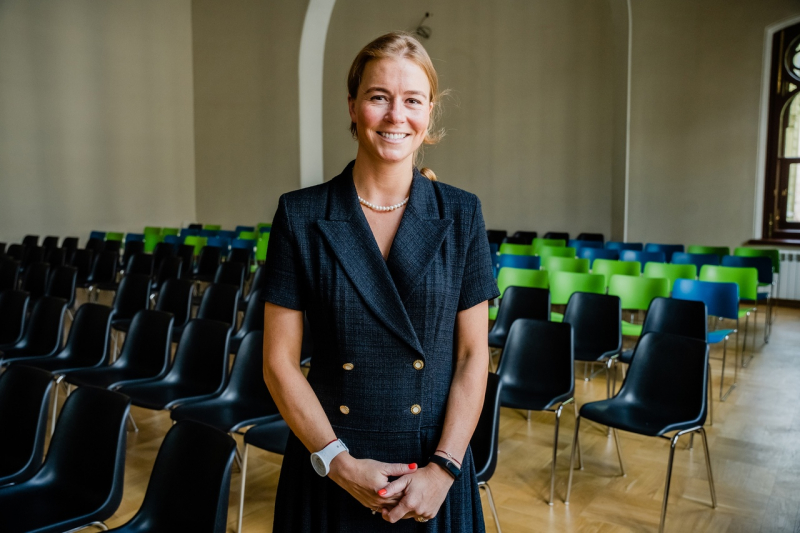
The right to make mistakes
The event began with a general session on creating the perfect study environment, as well as helping students find their niche and become the most in-demand specialists.
Daria Kozlova believes that today’s student-oriented education is more than just a free choice of several disciplines. It needs to cover research and social activities, optional courses, and various clubs that develop the students’ soft skills. At the same time, it’s crucial to pay attention to interdisciplinarity so that students of different fields can work together and try themselves in various fields.
“ITMO students can now choose two disciplines that are not related to their field of study. Thanks to this program, IT students can study chemistry, and biology students – physics. It’s also a great chance for them to meet each other and figure out whether they’ve made the right choice,” says Daria Kozlova.
According to Daria Kozlova, a university must create an environment where students and staff are not afraid to try new things and make mistakes. Lecturers should never stop growing and be ready to go beyond the formal requirements and rules, if necessary, in order to make classes exciting and insightful for students.
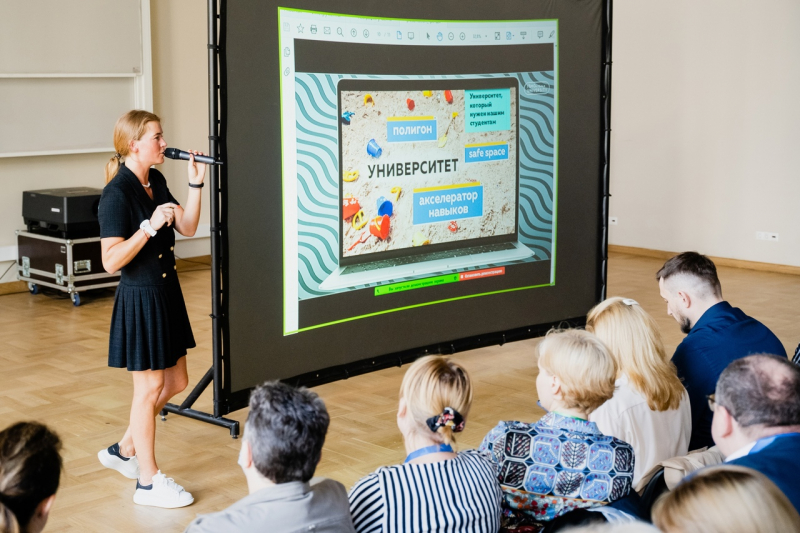
Keeping students interested
Every teacher has probably wondered how to motivate students to attend their classes. There is, however, no one-size-fits-all approach. Moreover, new generations expect innovative solutions from their teachers.
Yulia Romanenko, a lecturer at ITMO’s Institute of International Development and Partnership, believes that modern teachers should be students’ friends and guides in mastering knowledge, as well as have charisma and a willingness to speak freely with students. This is how they can motivate their students. At the same time, classes should let students learn from their own experience and each other.
“Many believe that our students are loners glued to their smartphones, but it’s not true,” comments Yulia. “Young people in the modern world are constantly communicating. While our role models were celebrities, theirs are ordinary people. Basically, they learn from each other.”
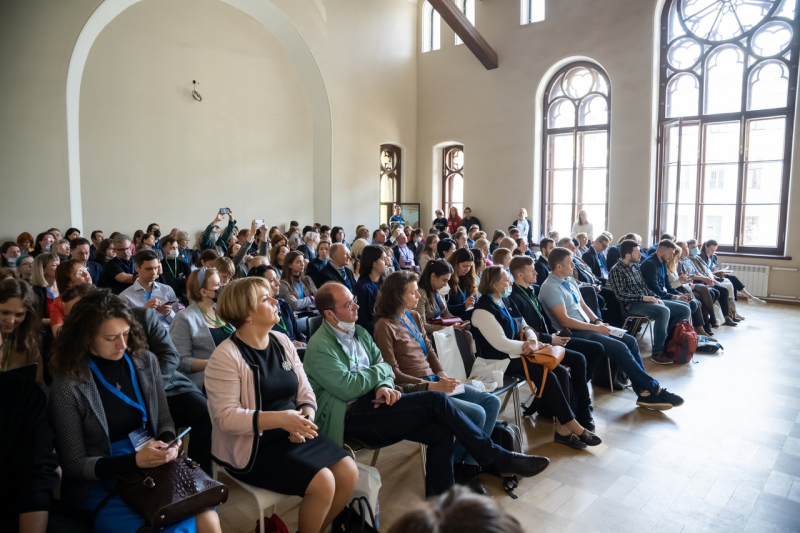
Distance learning can complement traditional classes. The pandemic showed not only that remote education can be just as efficient, but that it also brings with it a fresh perspective. For instance, in 2020 Alexey Peregudin, an assistant at ITMO’s Faculty of Control Systems and Robotics, had to create his own YouTube channel where he uploaded his lectures.
“I noticed that my views spiked right before tests or exams, meaning that students actually watch my lectures to prepare,” notes Alexey. “It might seem that we have become more distant than in pre-pandemic times, but there's a silver lining. In any classroom, there are always shy and introverted people who are afraid to ask questions and admit that they don’t understand something. And for them, remote classes are a safe space. I noticed bolder messages in chat, and the most active students were those who I didn’t notice in a classroom.”
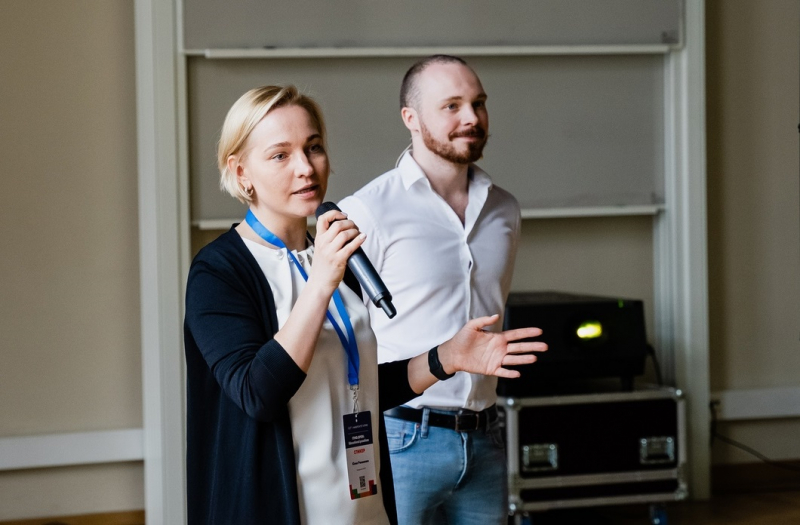
The rules of the game
Gamification of learning is an important part of enhancing student interest in classes. At the conference, ITMO’s soft skills lecturers explained how the University uses gamification.
“You can start small by dividing students into teams or adding elements of chance or raffles into classes. You can also let students decide what they want to study today and in which order,” shares Antonina Fedorova, a lecturer at ITMO University. “You can use metaphors, too. This way, students can study physics theorems while, for example, fighting Lord Voldemort.”
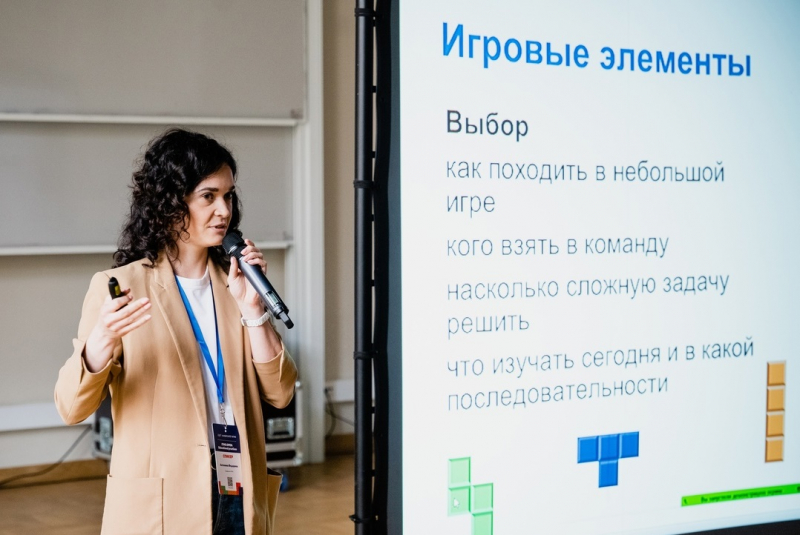
Teachers can also use ready-made board games or even create their own.
“It takes a lot of effort to develop a game. However, if you want people to believe you and put the acquired knowledge into practice, then it'd be better to do it through a game,” explains Anastasia Prichislenko, the head of ITMO’s soft skills course on personal efficiency and public speaking.
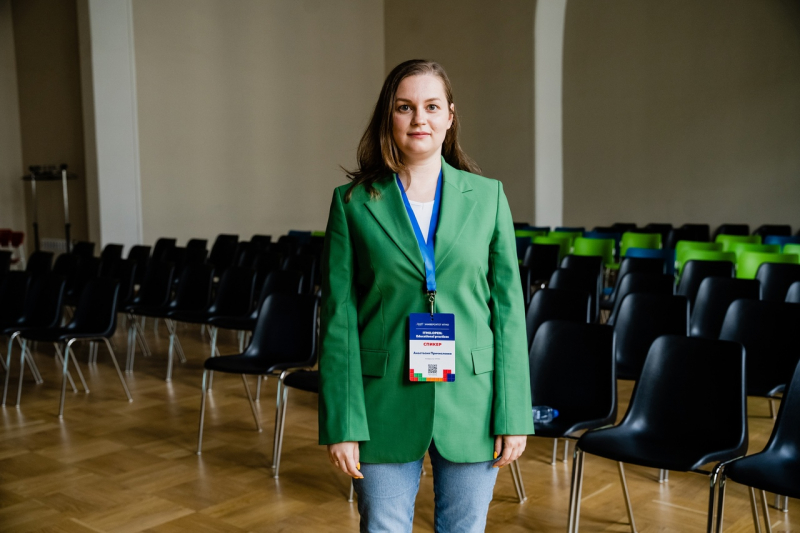
Although this kind of approach may not seem “serious,” it brings remarkable results. Marina Kazantseva, a lecturer at ITMO University, thinks that gamification helps to increase attendance rates, which are now around 80% at ITMO University.
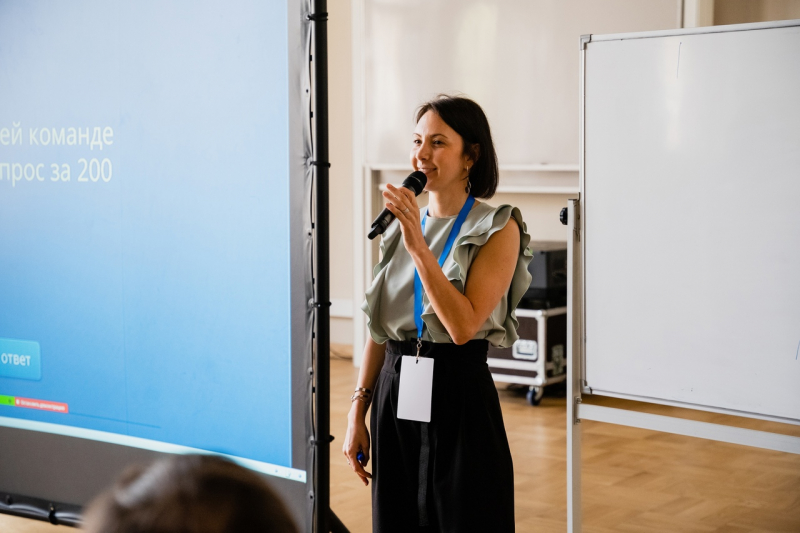
Academic staff
Ilya Kuftiryov, the head of ITMO’s Ranking Research Center, is confident that the lecturers’ ability to interact with the audience and their in-depth knowledge of the subject largely determine the university’s level of quality. The speaker held two separate sessions at the conference.
“A reputable and popular university is one with great teachers. It’s not about impressive interiors or well-designed websites, but the university’s academic staff: who they are and how they teach students,” he stresses.
The correct selection of academic staff is the first and most important step towards building a university’s image. However, there is more. According to Ilya Kuftiryov, a university won’t be in the public eye unless it starts to share its work with others. This can be done in different ways: publications in high-quality journals, university conferences, and interaction with the media. Ideally, it should be a combination of all three. International collaborations are also an important tool. It’s important to remember that partners from around the world are interested in more than just the nation’s most visible universities.
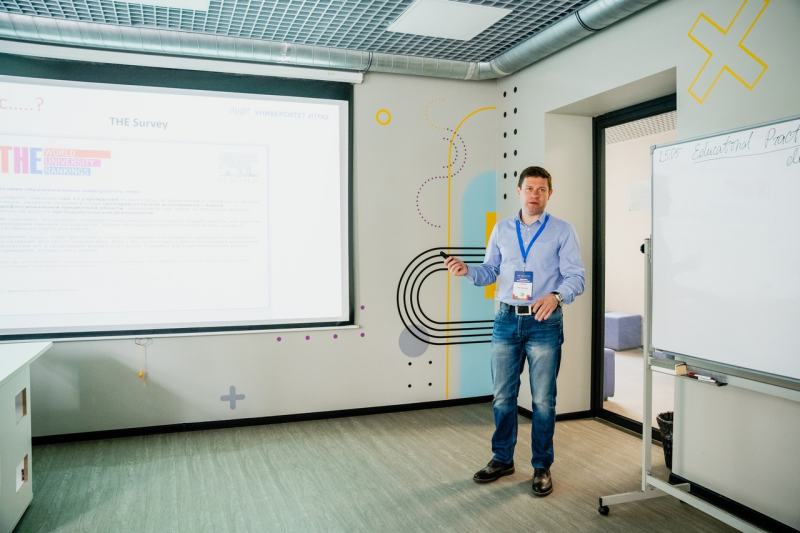
“Sometimes a small regional university has even more advantages in the fight for international partners. They might not be getting swarmed with potential collaborators, but they might have a number of competitive practices and research that can interest international partners. Therefore, there’s nothing to be afraid of. You should first analyze the list of your potential partners and you’re bound to find some intersection points,” adds Ilya Kuftiryov.
These efforts will affect both the university’s popularity and its positions in Russian and international rankings. And its place in the rankings, in turn, is an important tool for promoting and positioning the university on the global education market.
Ambition
Good lecturers not only teach students in classrooms but also do their best at adapting their educational programs and courses to the advancement of modern science and demands of the time. The topic was discussed during a separate round table at the conference.
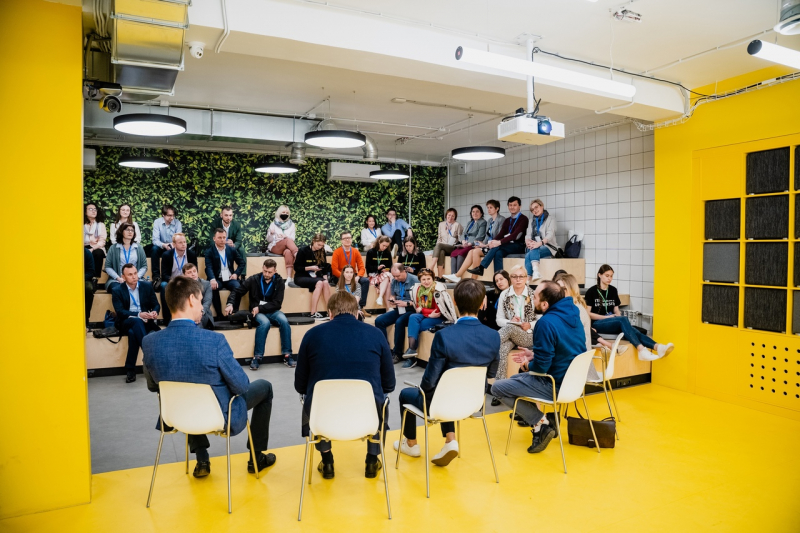
Antonina Puchkovskaia, the head of ITMO’s International Digital Humanities Center, emphasized that developers of educational programs should always analyze their products from today's perspective and follow the most significant trends in their field.
“First of all, you need to study the target audience and the labor market to identify your future graduates’ career prospects – or you can venture into the frontier and shape a market on your own, as we did,“ she says.
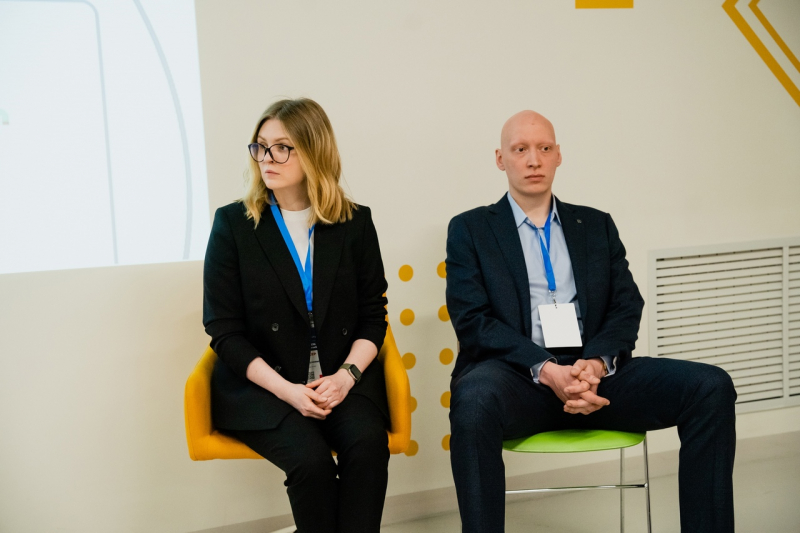
As noted by Sergei Shavetov, an associate professor at ITMO’s Faculty of Control Systems and Robotics, it’s also crucial to constantly collect feedback from students and applicants and make adjustments according to their reviews and suggestions.
“You should meet with your first-year students to learn more about their expectations; later on, you need to conduct surveys and maintain a trusting relationship in order to understand whether you’re on the right track. And if not, you should figure out why,” notes Sergei Shavetov.
Besides, a program should remain flexible, thus giving students an opportunity to adapt their education to their needs and choose the necessary disciplines and competencies for their future business projects, says Anton Gopka, the dean of ITMO’s Faculty of Technological Management and Innovations.
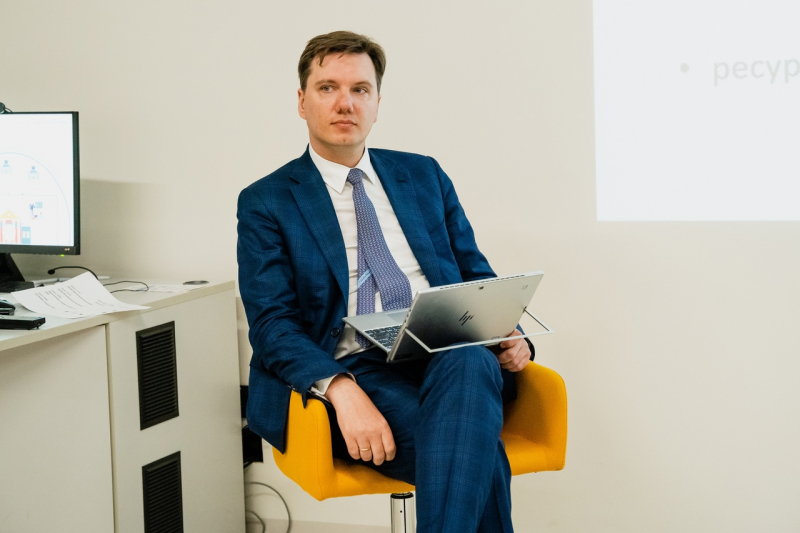
At the intersection of different worlds
The topic of interdisciplinarity was addressed both at the opening of the conference and the individual sessions. Representatives of ITMO’s Art & Science Center shared their ideas on popularizing art in a tech university, namely, such a field as art & science. The center recently offered the Minor in Art & Science program as one of the tools capable of breaking the wall between different specializations.
“These are optional courses designed for second-to-fourth-year Bachelor’s students of all majors,” tells Aliya Sakhariyeva, the head of ITMO’s Art & Science Center. “It allows students to learn more about the field and their own interests. People who are engaged in transdisciplinary projects are usually open to experiments, to things that are new and creative. Master’s students, on the other hand, have the chance to design art projects, submit them as their theses, and then present them at the center’s upcoming exhibition. Starting on May 28, you can see two such projects on display at the AIR gallery.
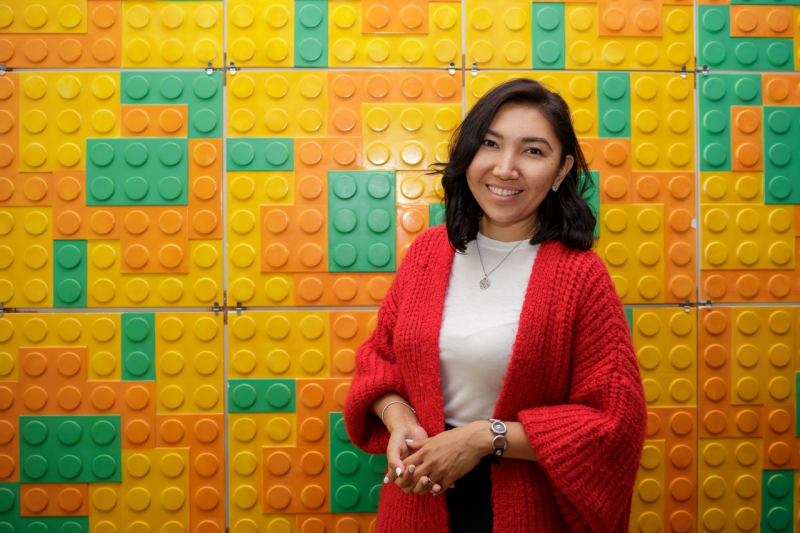
Minor programs are also a great way to attract prospective students to Master’s programs in science art. The center also organizes summer and winter schools and has recently launched the Premasters program which allows students to familiarize themselves with the subject.
“The Art & Science Premasters program is a free online course conducted in English. As prospective applicants, its participants will understand what they’re going to study and why,” says Lina Kipriushina, the coordinator of educational projects at ITMO’s Art & Science Center.
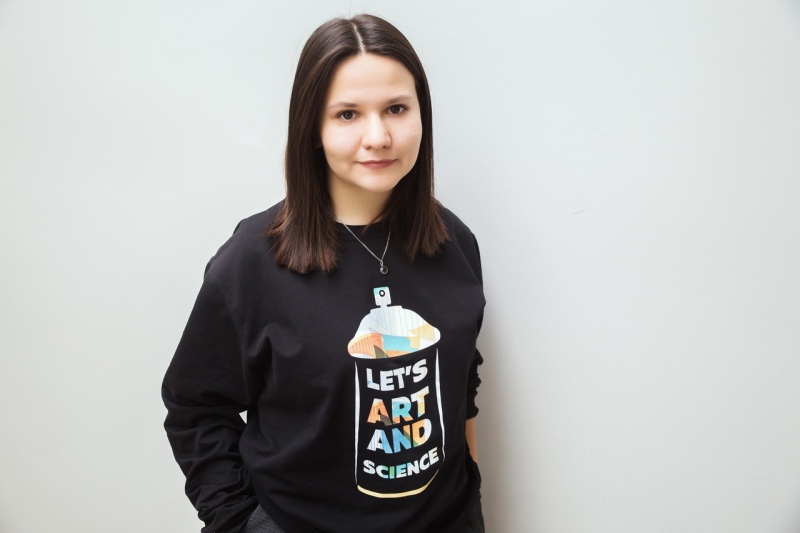
The new entrepreneurs
Universities should not only develop science and education, but also technological entrepreneurship. This could be achieved through accelerator programs. Olesya Baranyuk, the head of ITMO Technopark, spoke about such programs at ITMO University.
“We aim to help talented people bring their high tech, relevant projects to life by finding co-founders, experts, mentors, and investors. Why would we do that? We create startups and small businesses that greatly contribute to the development of the Russian economy. This is not about making money but rather creating an image of today’s entrepreneurs as those capable of changing the world and giving them the tools that can help them deal with any difficulties along the way.”
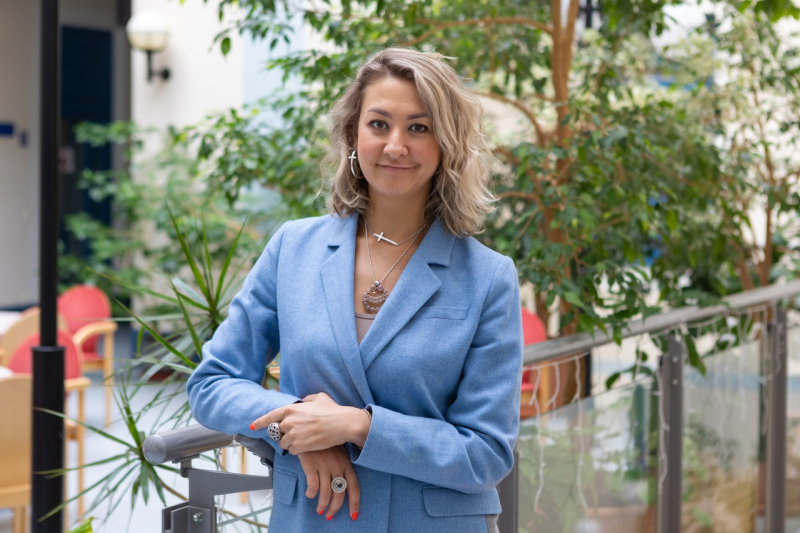
Education level: maintain and improve
Another discussion allowed its participants to share their experiences of maintaining the quality of education in the pandemic. Andrey Stankevich, an ICPC winner and coach, drew the audience’s attention to how distance learning highlighted the imperfections of the educational process.
“Remote studies didn’t compromise educational quality but made evident certain problems that existed even before the pandemic, yet became critical for online education,” says Andrey Stankevich.
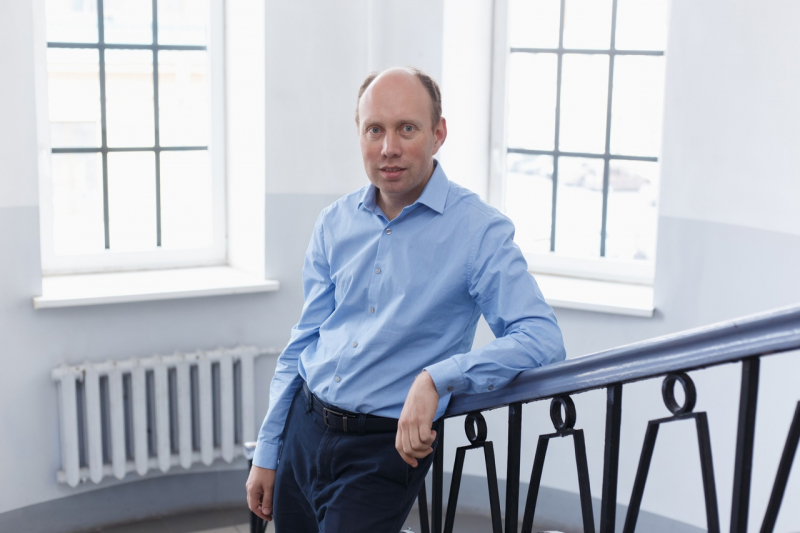
The participants discussed both the challenges and the solutions (for instance, how to conduct lab classes online), as well as the surprising advantages and opportunities of the new format.
Making life easier for students and staff
Apart from round tables and workshops, the conference’s program also involved a tour of ITMO University and the demonstration of its infrastructure. On both days, the participants could take a walk around the university and visit its laboratories and coworking and public spaces.
“Despite having worked in St. Petersburg for many years, this was the first time that I visited ITMO University,” comments Irina Shchemeleva, dean of the School of Arts and Humanities at the Higher School of Economics in St. Petersburg. “I’m impressed. For example, by the robots used in infochemistry research. We often hear about interdisciplinarity, but when you see that one field can’t exist without another, for example, chemistry without computer science – and that it really works – this really makes an impression.”
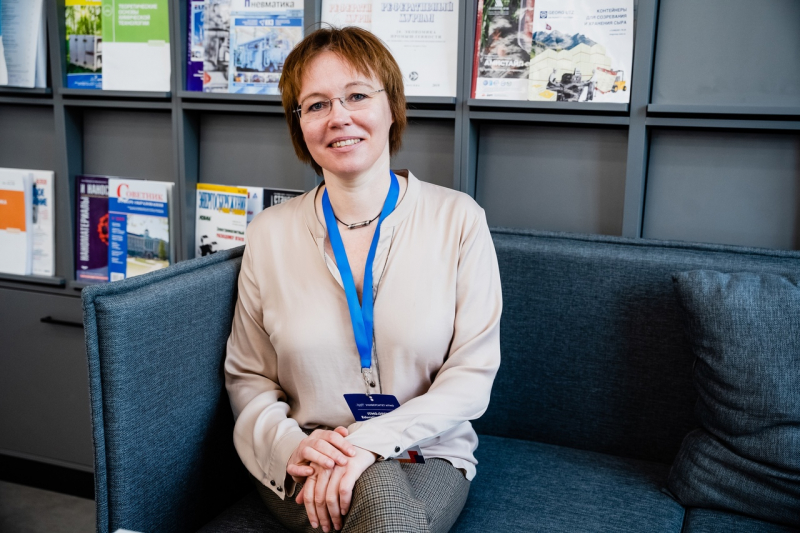
The tour also gave participants an opportunity to share the impressions from what they heard at round tables and sessions.
“I liked it very much. I work on the digitization issues at our university and have studied at Innopolis. What I’ve learned here opens up new opportunities and gives options for how to apply these experiences at other universities,” shares Olga Sanzhina, a professor at East Siberia State University of Technology and Management.
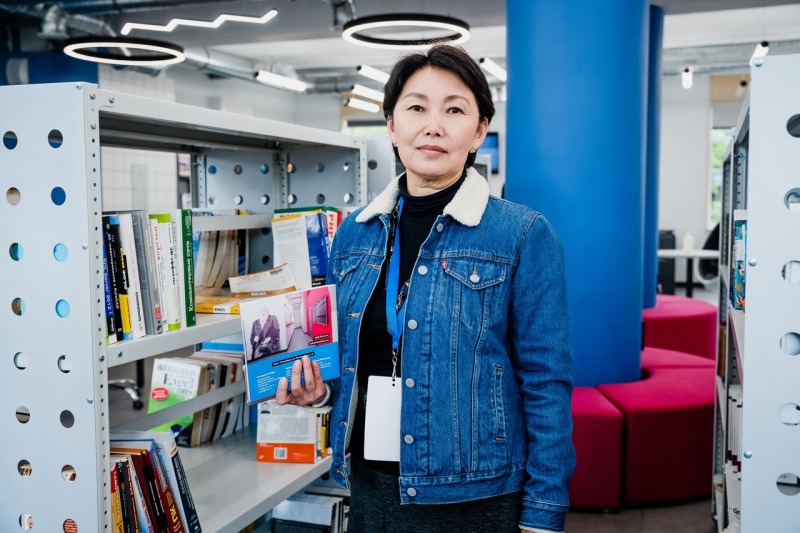
“There were lots of interesting topics: how the Student Service Office works, the coworking spaces,” adds Nikolai Senushkin, a representative of Ufa State Aviation Technical University. “As a vice dean, I interact a lot with staff members, and this is what I want to study the most. I am intrigued by the automation of routine processes, which helps focus on creative work instead of building mountains of paperwork.”
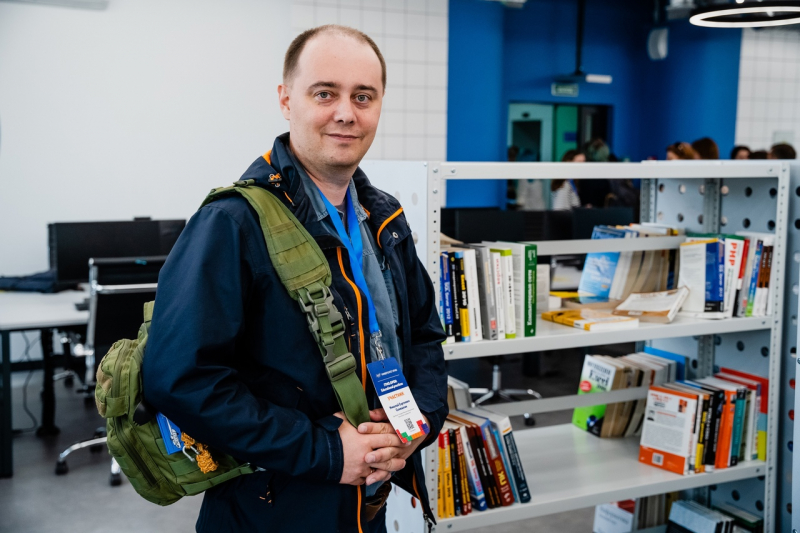
Till next time
On the whole, the conference featured thirty roundtable discussions and workshops. Among the topics were also the promotion of education, the attraction of international students, and the new approach to the role of a dean.
At the closing ceremony, the guests of ITMO.OPEN: Educational Practices could exchange their experiences once again, this time in an informal setting, and discuss future cooperation.
“Our team believes that communication is the most important aspect of our work. And we thank you for joining us in communicating, sharing experiences, and discussing things,” says First Vice Rector Daria Kozlova. “Let’s replace competition with cooperation, as synergy is very important, and together, we can revolutionize the development of higher education in Russia and around the globe. This is only the beginning. Let’s keep on thinking how we can take this conversation further.”
